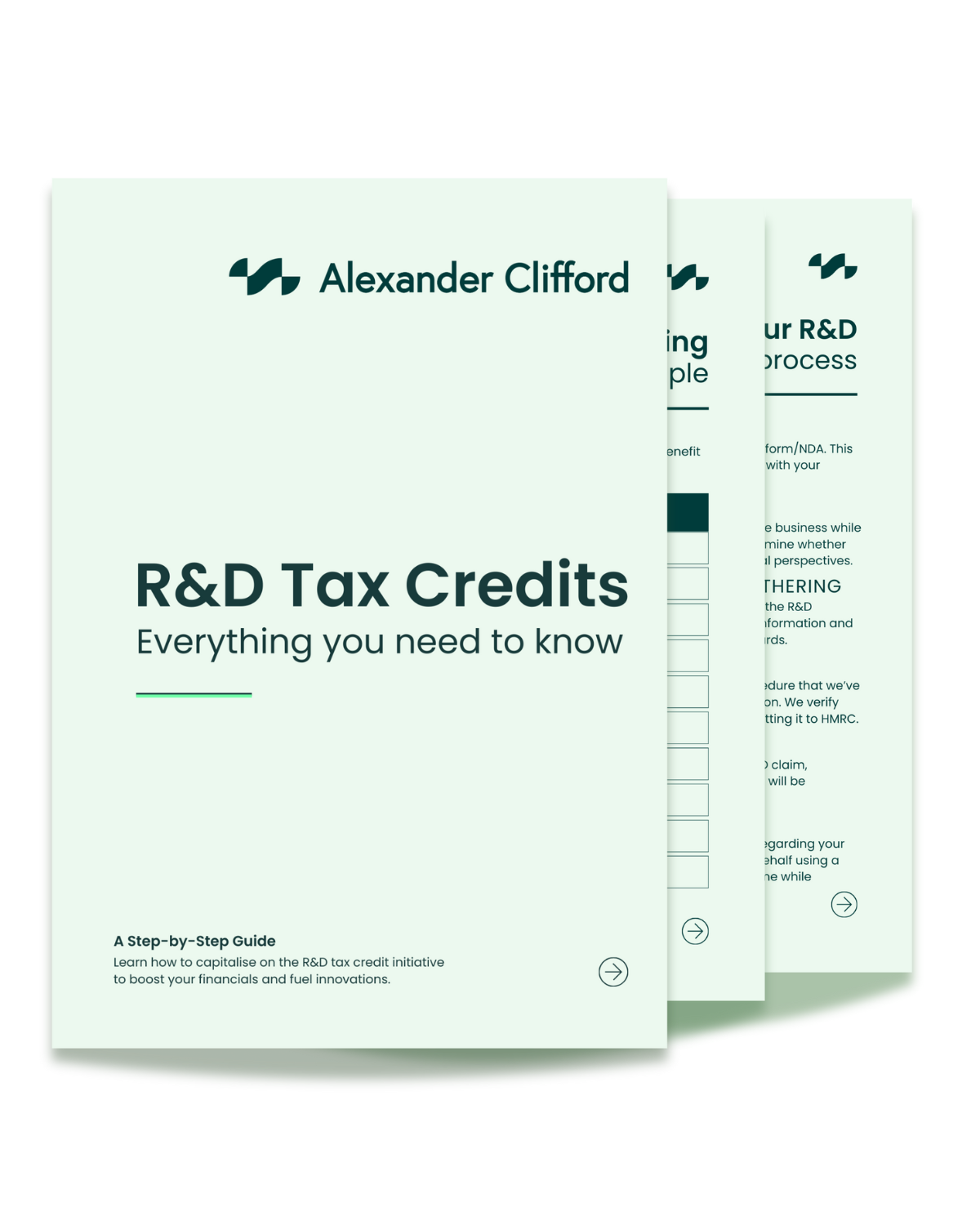What is R&D in Business? Key Facts to Know

Research and Development (R&D) in business involves gathering knowledge to create new products or improve existing ones. Innovation is transforming the way businesses operate, but as many invest in cutting edge science and technology, some are left wondering “what is R&D in business?” Well wonder no more, as today we’re talking about the facts you need to know about R&D in business, including who does R&D, and how to source funding for UK based research and development.
In the age of innovation, those who produce the swiftest, most cost effective technologies sit atop the throne of the business world. As new inventions improve competitive advantage and enhance profitability, many businesses are investing in their creative ideas that could change the face of their industries.
How do they do it?
It’s simple. They invest in research and development that brings their ideas to life – and you can too with this simple introduction to R&D in business.
What is R&D in Business?
R&D in business is the process of investigating new ideas, technologies, and methods to create or improve products, processes, software and services. The process of research and development is often the foundation of breakthrough innovation, and can significantly enhance business growth strategies.
Who Does R&D?
Research and development is no longer reserved for big tech companies and scientists. Truth is, some of the biggest innovators immersed in research and development include:
- Small businesses
- Startups
- Large businesses
- Research institutes
- Charities
Businesses investing in innovative projects span across an array of industries including agriculture, construction, energy, engineering, finance, pharmaceuticals and manufacturing.
Key Benefits of R&D in Business
Cultivating innovation through research and development can have some major business benefits. Some of the key benefits of R&D in business include:
- Improves service delivery
- Gives businesses a competitive edge
- Contributes to market growth
- Drives long term profitability
Additionally, businesses that use their research and development to form revolutionary processes will usually find that daily operations become more efficient. This can improve staff productivity and morale, leading to a greater reputation as a business.
R&D Meaning in Business
Research and Development (R&D) in business refers to a strategic approach focused on creating new solutions and refining existing ones. It goes beyond just innovation, as it lays the groundwork for long term success. The meaning of R&D in this context is about investing in the exploration of new technologies, enhancing customer experiences, and streamline operations, ensuring they stay ahead in an ever evolving market.
Key Considerations for R&D Success
To ensure that research and development contributes to business success, there are a number of things that leaders can implement. These key considerations for R&D success include:
- Strategically align projects with business objectives
- Build a strategic project management plan
- Invest in high skilled employees with diverse expertise
- Consider partnering with research institutions or other companies
- Optimise resource allocation
- Form a clear commercialisation strategy
By following these suggested actions businesses can align their projects with business goals, while maximising the return on investment.
Funding for R&D in Business
Funding research and development can be incredibly challenging – especially for smaller businesses. Thankfully, there are a range of innovation funds in the UK that specifically support the advancement of science and technology. Funding for R&D in business includes:
- Catapult Network funding
- Horizon Europe Programme
- UKRI Future Economy fund
- Knowledge Transfer Partnership (KTP) funding
- R&D Tax Credit Relief fund
Qualifying for R&D Tax Credits
Operated by HMRC, the R&D tax credit relief requires businesses to meet a number of eligibility criteria in order to receive financial support. Now, this relief works by providing businesses with tax deductions, meaning claimants must be liable to UK corporation tax.
Those looking to claim must also be overseeing research and development that aims to overcome a technical uncertainty in the field of science or technology. This uncertainty should not be easily solved by a competent professional in the field.
Businesses meeting these requirements can receive a portion of their qualifying costs, but they must ensure that their R&D claim meets HMRC compliance standards.
Claiming R&D Tax Credits with Alexander Clifford
At Alexander Clifford, we’re proud to be one of the UK’s leading R&D tax credit advisories. Our team has a deep understanding of HMRC’s eligibility criteria and policies, ensuring you get the support you need to maximise your claim.
We combine technical proficiency with a genuine passion for innovation, working closely with businesses like yours to uncover qualifying activities and costs that are often overlooked.
That’s how we’ve submitted over 2,400 successful R&D tax credit claims, securing more than £83 million in tax relief for our clients.
That’s what makes Alexander Clifford your trusted choice for R&D tax credits.
Has your business been involved in innovative research and development? Don’t miss out on the funding you’re entitled to!
Book a quick call







